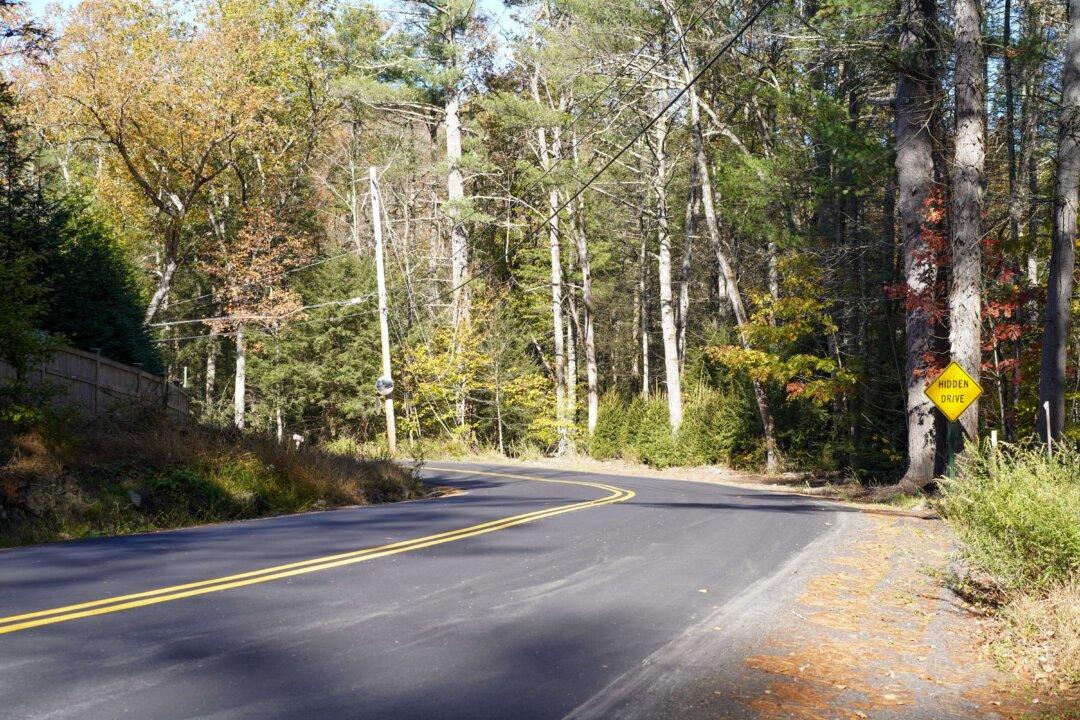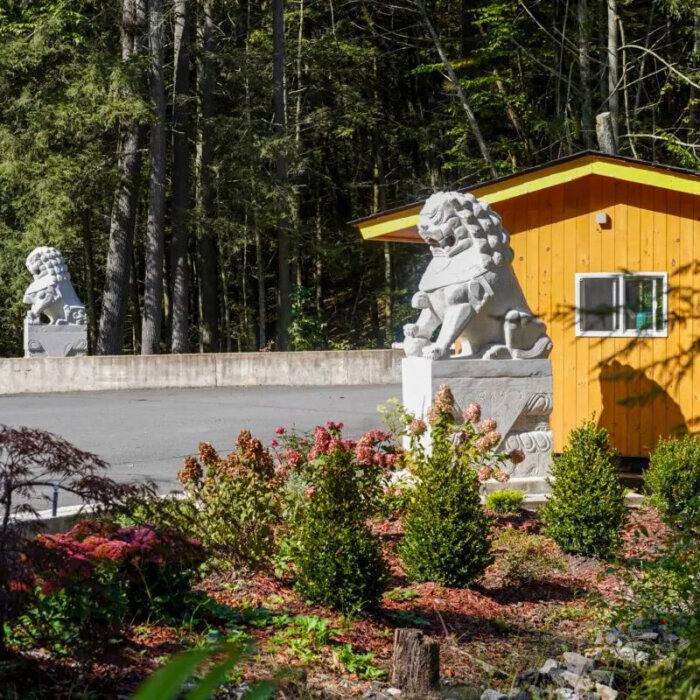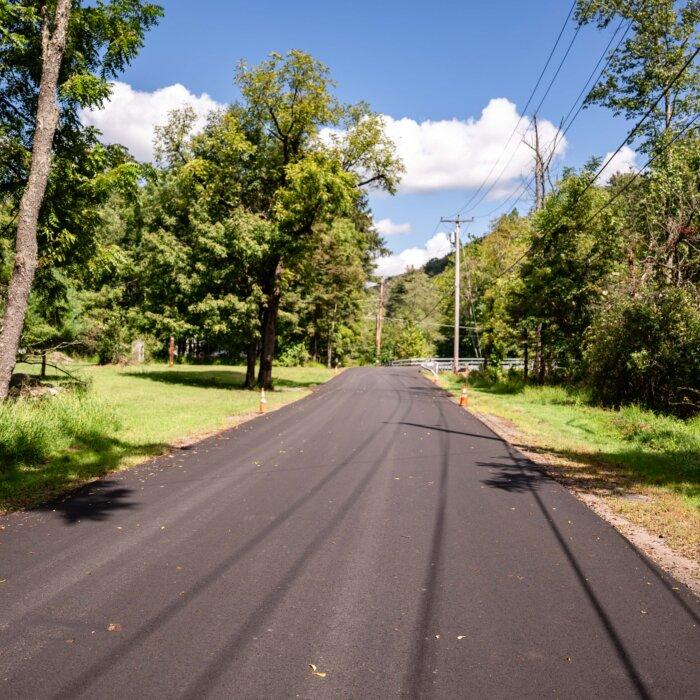Dragon Springs recently paid for the repaving of close to one mile of town road outside its south gate, according to Deerpark Supervisor Gary Spears.
The paving of Guymard Turnpike was completed in late August and cost nearly $117,000, according to Deerpark Highway Superintendent Raymond Cirulli.
“We are very appreciative of what they have done, and it made the neighbors happy,” Spears told The Epoch Times. “Let’s be neighborly, and let’s talk about some of this stuff.”
Cirulli told The Epoch Times in an email: “The Town of Deerpark Highway Department appreciates Dragon Springs’ funding the paving project on Guymard Turnpike.
“It eases the financial burden on our taxpayers and makes the road safer for travel.”
The recent paving covered Guymard Turnpike between the Neversink River and the town’s border line with Mount Hope, and the work was completed by town workers and an outside company.
“We always aspire to be good neighbors and help the community when we can, and this was something we felt would be good for everyone,” George Xu, president of Dragon Springs, said in a statement to The Epoch Times.
According to its website, Dragon Springs is home to people who practice Falun Gong, also known as Falun Dafa, a Buddhist spiritual discipline that combines gentle exercises with moral teachings based on the principles of truthfulness, compassion, and tolerance.
The Chinese communist regime feared that the number who practiced Falun Gong outnumbered the membership of the Communist Party, and on July 20, 1999, it launched a nationwide campaign against the discipline.
Since that day, practitioners in China have been killed, placed in illegal detention, tortured, and even subjected to forced organ harvesting.
Originally planned as a refuge for people fleeing the persecution in China, Dragon Springs has evolved over the years to take on a mission of reviving traditional Chinese culture free of communist influence, according to its website.
Each year, artists with Shen Yun Performance Arts tour the globe and perform hundreds of classical Chinese dance and music shows in more than 150 cities on five continents.
According to an internal Chinese Community Party directive obtained by The Epoch Times, the regime views the Dragon Springs campus as the global “headquarters” of Falun Gong and has called for systematic and strategic attacks against it.
Shen Yun has faced documented interference since its founding in 2006, including host theaters being threatened by Chinese embassies, its company bus tires being slashed while on tour, and the harassment of artists’ family members in China, according to its website.







